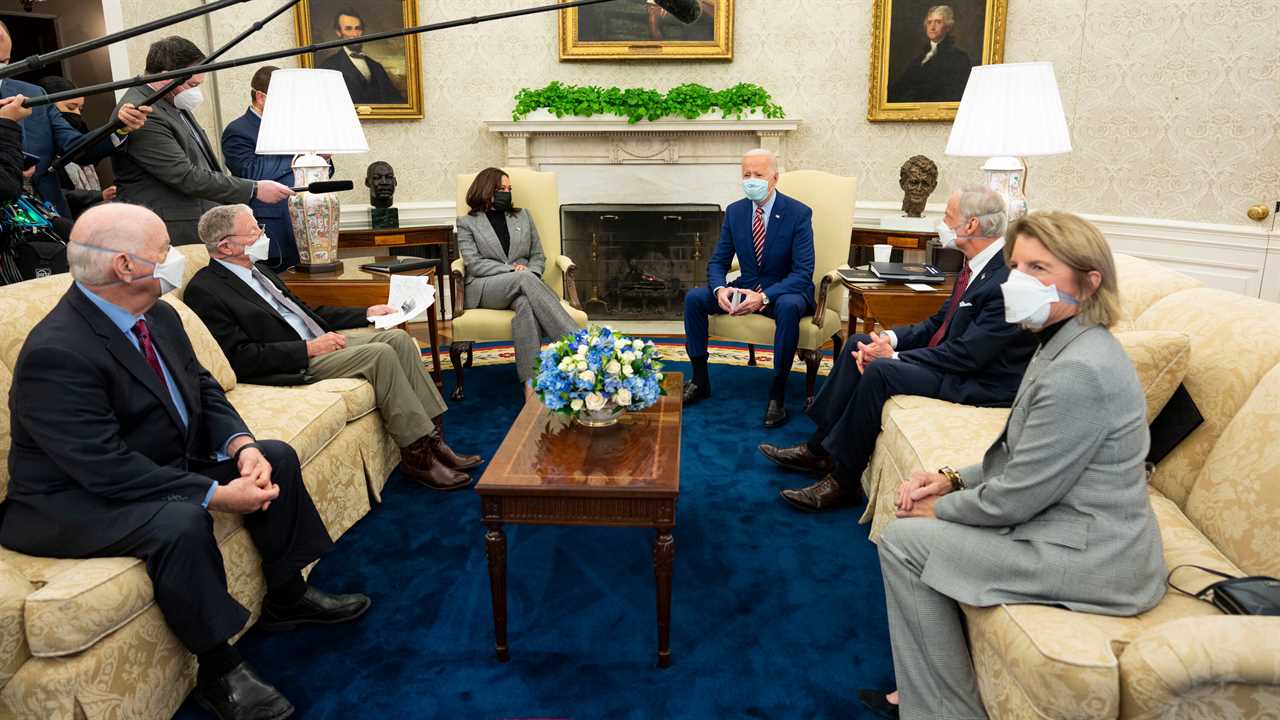
WASHINGTON — For weeks, President Biden and his aides have tried to frame the second impeachment of his predecessor, Donald J. Trump, as a distraction from his efforts to fulfill the promises he made to the American people.
“I’m focused on my job,” the president told reporters on Thursday, “to deal with the promises I made. And we all know we have to move on.”
That focus, he said, meant that he had not watched the gruesome retelling of events on Jan. 6 that the Democratic House impeachment managers had shown in a series of stunning video clips on Wednesday because he had been “going straight through last night, until a little after 9.”
Mr. Biden did concede that “my guess is some minds may be changed” as a result of the trial. But his press secretary, Jen Psaki, said later that “he was not intending to give a projection or prediction.”
Despite the emotional and harrowing scenes that Democratic lawmakers hope will define Mr. Trump’s legacy, even if he is not convicted, White House officials have refused to engage in anything even tangentially related to the trial and have insisted they spend no time thinking or talking about the former president who relentlessly attacked Mr. Biden.
Worried that impeachment would distract from the Biden agenda and further divide the country, Ms. Psaki has painstakingly avoided even yes-or-no questions about whether the president believes the trial is constitutional. “We’re not going to weigh in on every question about the impeachment trial, and we don’t feel it’s necessary or our role to do that,” she said when pressed this week.






